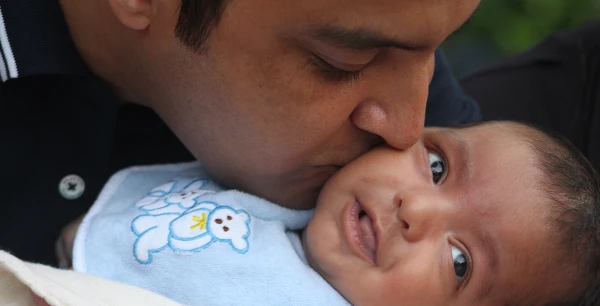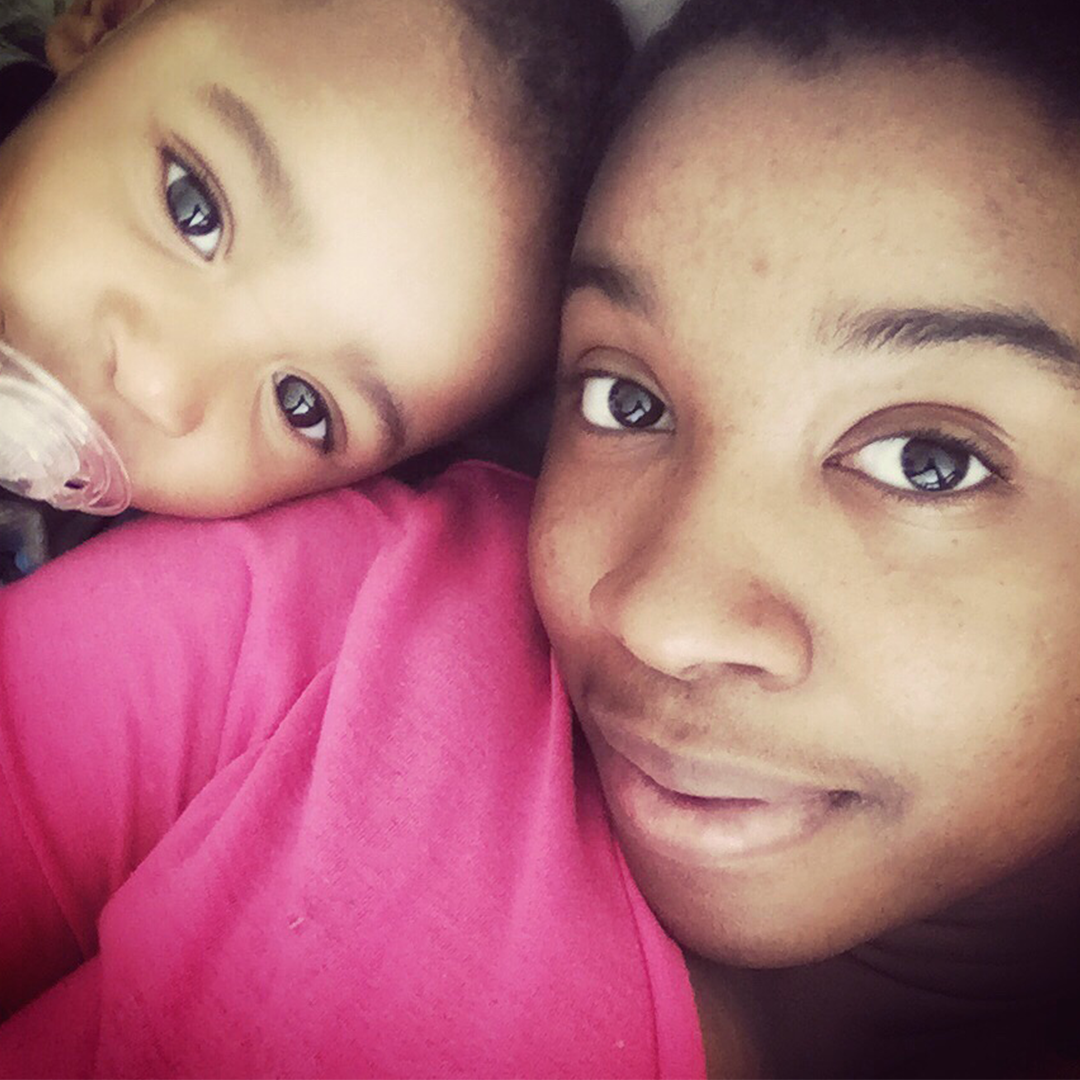
When parents hear sleep training, many think of leaving a baby to cry alone. This approach—commonly known as Ferber or “cry-it-out”—is rooted in behavioral theory

What Is the 5-Month Sleep Regression? The 5-month sleep regression is a period of increased night wakings, short naps, and difficulty falling asleep. It’s caused

What Is the 2-Month Sleep Regression? The 2-month sleep regression refers to a period where babies wake up more frequently, have difficulty settling, and struggle

1. What Is the 20-Month Sleep Regression? At 20 months, toddlers often experience a temporary disruption in sleep due to: Developmental leaps—learning new words, climbing,

What Is the 6-Week Sleep Regression? The 6-week sleep regression is a period of increased wakefulness, fussiness, and changes in sleep patterns. It’s often linked

Is There an 11-Month Sleep Regression? Yes! While the 4-month and 8-10-month sleep regressions are better known, many babies experience a sleep regression at 11

What Is the 3-Month Sleep Regression? At 3 months, babies are becoming more alert and aware of their surroundings. While this is exciting, it can

Why Is My 6-Month-Old Waking Multiple Times at Night? At 6 months, your baby is growing, learning, and developing at a rapid pace—which means their

The 8-month sleep regression (sometimes referred to as the 8-10 month sleep regression) typically happens between 8 and 10 months. This phase is often marked

At this stage, most babies need 14-17 hours of total sleep per day, including 3-4 naps. However, sleep is still developing, and nighttime wake-ups are

As your little one grows, their sleep needs continue to evolve. At 10 months, babies are full of curiosity and energy, which makes sleep even

At 11 months, your baby’s sleep schedule is becoming more predictable, but that doesn’t mean it’s always smooth sailing. Teething, separation anxiety, and big developmental

Your 4-month-old’s sleep may feel unpredictable—one night they sleep a longer stretch, the next they wake up every two hours. Or maybe naps were improving,

Navigating your 2-month-old’s sleep can feel like a rollercoaster—some nights are smoother, while others feel completely unpredictable. That’s because, at this age, your baby is

Getting your 5-month-old on a more predictable sleep schedule can feel like a moving target—just when you think you’ve got it figured out, a new